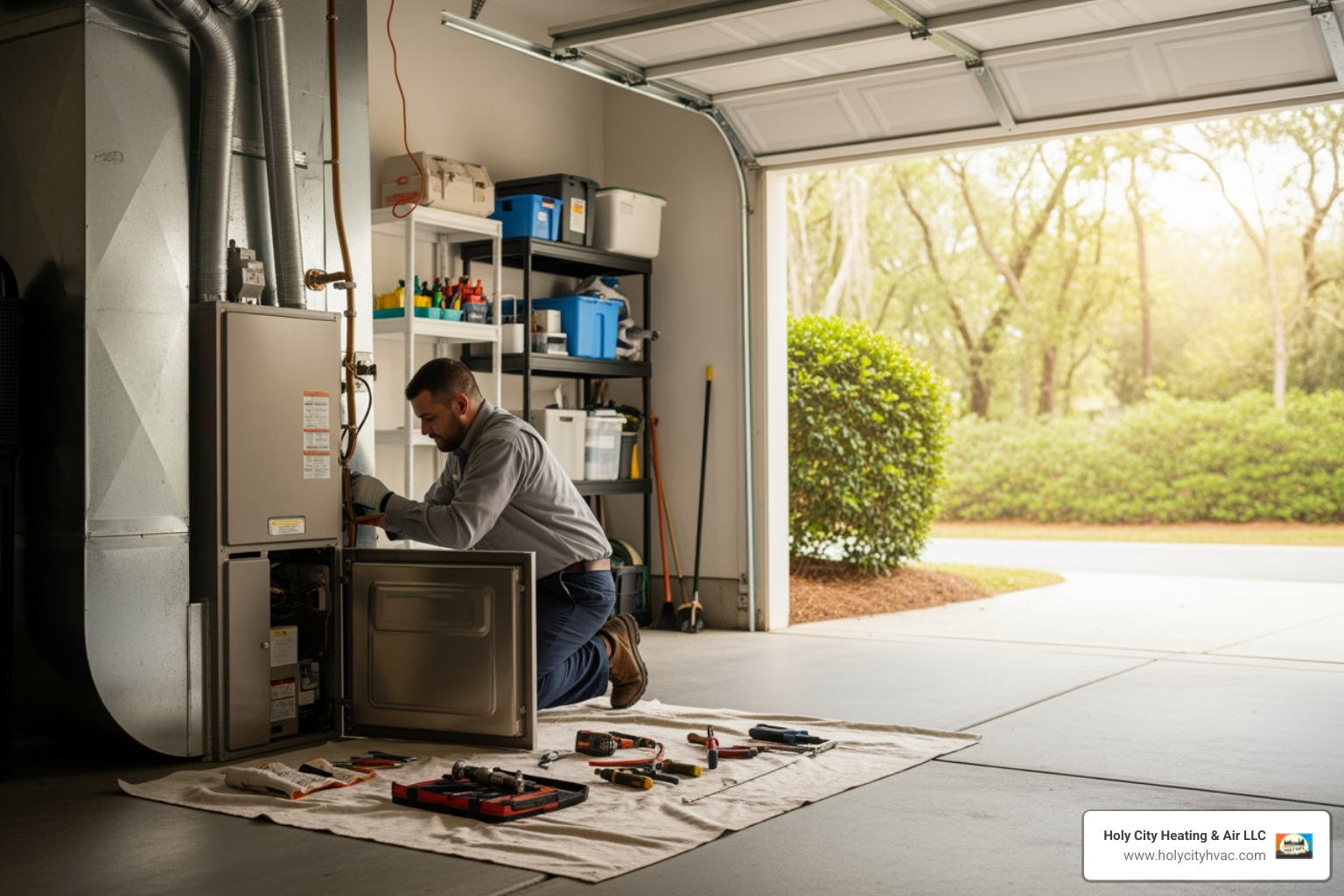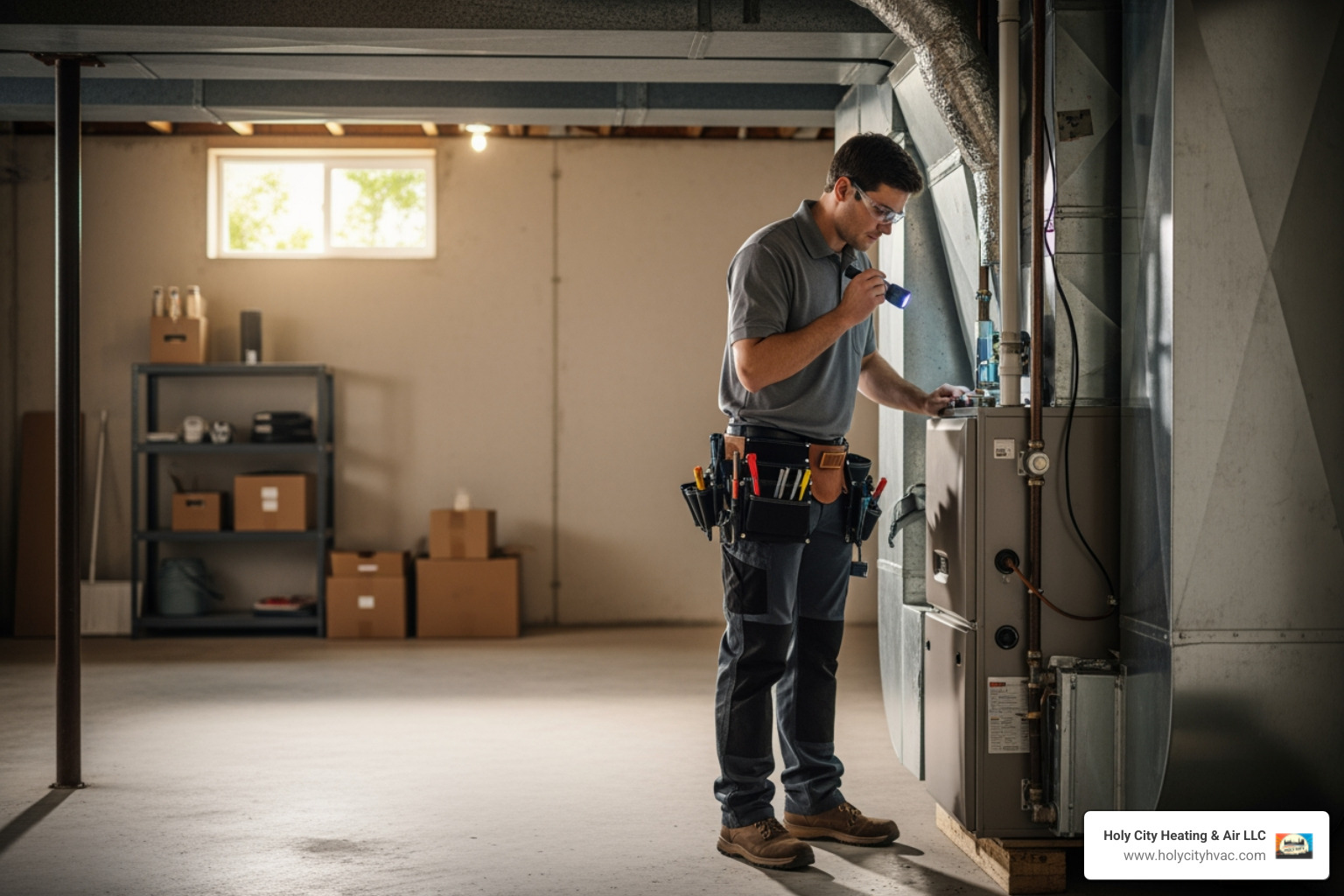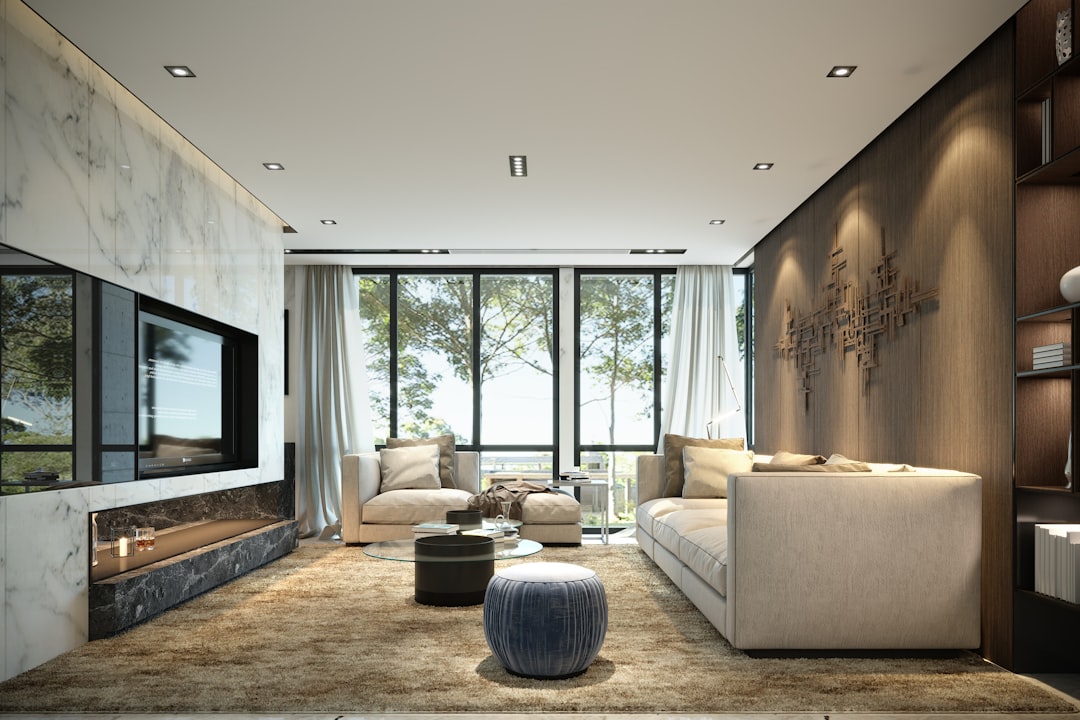
AC Electrical Connection Issues in Kiawah Island: Warning Signs
When it comes to keeping your home cool during the hottest summer days in Kiawah Island, your AC system has to work hard. But what many homeowners don’t realize is that the electrical connections inside the unit play a big part in how well it runs. If something goes wrong electrically, it can lead to breakdowns, higher energy bills, or even serious safety concerns. A properly connected and maintained AC system doesn’t just cool efficiently, it helps prevent unnecessary stress on the entire electrical system of your home.
Because of the warm and humid climate in Kiawah Island during late summer, your AC is likely running more than usual. This extended use can expose weak points in the system, especially in its electrical components. Damaged wires, loose connections, or faulty parts tend to worsen over time. Recognizing the warning signs early can help you avoid bigger problems later.
Warning Signs of AC Electrical Connection Issues
Your AC doesn’t usually stop working all at once. Electrical issues tend to build up gradually, and there are often noticeable signs that something is wrong. Being aware of these indicators can help correct problems before they cause significant damage.
Some common warning signs include:
- Lights flicker or dim when the AC turns on: If your lights dim every time the AC starts up, it may be pulling too much power or there could be a problem with the electrical connection feeding the system.
- Circuit breaker trips often: An occasional trip might not mean much. But if the same breaker trips repeatedly when the AC runs, it could be a sign of electrical overloads or short circuits inside the unit.
- Buzzing or humming sounds: A quiet hum is normal, but loud or unusual buzzing from the unit often means there’s a faulty electrical component like a loose wire or failing capacitor.
- Burning smell or scorch marks: If there’s a burnt plastic smell or dark marks near the outlet or breaker panel, you should turn off the system immediately. This could be a sign of overheating wires or damaged parts.
- Inconsistent performance: If your AC runs fine one day then won’t start the next, or it begins to take longer to cool your home, you may be dealing with irregular electrical control or faulty signals.
Ignoring these signs can risk your equipment and your safety. It’s best to act quickly. One homeowner in Kiawah Island delayed addressing a repeatedly tripping breaker and ended up with a complete system failure on a very hot day. Our technicians found a warped wire that had nearly melted through the panel. Early detection could have prevented the breakdown.
Potential Causes of Electrical Connection Problems
Understanding what causes these problems can help identify the right solution sooner. In Kiawah Island, humid air and extended use play a role in wearing down AC components faster than usual.
Potential causes include:
1. Loose or damaged wiring: Wires can shift or degrade over time, especially in humid environments. Damaged or frayed wires can interrupt the flow of electricity and may eventually lead to shorts or overheating.
2. Faulty capacitors or contactors: Capacitors help start motors, and contactors control power inside the system. These parts can wear down due to age or heavy seasonal use, and failure may result in improper operation or complete stoppage.
3. Corroded connections: High humidity and salty air in coastal towns like Kiawah Island can speed up corrosion at contact points. This blocks electric flow and creates dangerous heat buildup, affecting system reliability.
4. Overloaded circuits: If several high-demand appliances share the same circuit as the AC, the load might be too much. This puts strain on the electrical supply, tripping the breaker or damaging individual AC components.
Many of these issues develop gradually and remain unnoticed until symptoms begin to surface. Regular inspections help catch them before they lead to more serious repairs.
Immediate Actions to Take When You Notice Issues
When you notice warning signs, the best thing to do is turn off the AC system. This helps prevent additional strain and lowers the risk of an electrical fire or further damage.
Observe your unit safely without opening panels or touching wires. Look for:
- Signs of scorching or discoloration on outlets or panels
- Strange burnt plastic odors
- Loose or obvious signs of frayed wiring around the outdoor unit
- Water near the base where electrical components are located
Once you spot any of these signs, contact our professionals immediately. Our technicians have the training and tools necessary to safely inspect and repair electrical problems. Trying to troubleshoot or fix these issues on your own can increase the risk of injury or may worsen the problem.
Sharing details about what you observed before the system failed, such as the smell, sound, or visual clues, also helps our technicians diagnose faster. In one instance, a homeowner in Kiawah Island told us about a sudden buzzing sound followed by a complete shutdown. This early observation allowed our team to quickly find a failing contactor and fix it before it could damage the compressor.
Preventative Measures to Avoid Future Problems
The best way to keep your AC safe from electrical issues is to prevent them before they happen. Consistent attention and professional care go a long way in helping your system perform well.
Here are some simple steps to reduce the risk of electrical problems:
1. Schedule regular maintenance: Our technicians can inspect the entire system, test critical components, and tighten any loose connections before issues arise.
2. Install surge protection: Power surges during storms or from inside your home can damage your AC. A dedicated surge protector helps protect the internal circuits and sensitive parts.
3. Use a dedicated circuit for your AC: Keep heavy appliances on separate circuits. If your AC shares a circuit with other high-power equipment, your system may be at higher risk of overloading.
4. Have connection points checked during installation or repair: Poor installation or repairs can lead to long-term trouble. Ensuring all terminals and wires are properly connected avoids future failures.
5. Keep the outdoor unit clear and shielded: In coastal areas such as Kiawah Island, salty air and debris can cause corrosion. Keeping the unit clean and under scheduled maintenance helps reduce exposure-related risk.
Preventative maintenance is especially important during peak usage times like late summer. A well-maintained AC system can run more efficiently and last longer, giving you peace of mind and better performance.
Ensuring Reliable AC Performance in Kiawah Island
Electrical issues with your AC system often start small and silently. But the signs, such as flickering lights or strange noises, can point to bigger underlying problems. Ignoring them may lead to expensive repairs or sudden failure.
In Kiawah Island, hot and humid days are common throughout the summer. As a result, AC systems work harder for longer periods. This added stress means the electrical components inside the unit need extra care. Homeowners who take electrical maintenance seriously are far less likely to face unexpected breakdowns.
By staying alert to signs of trouble and taking steps to prevent issues before they happen, you help your AC system stay reliable and safe. Whether you are seeing signs of an electrical problem now or want to avoid issues in the future, focusing on electrical stability helps ensure your comfort through the hottest times of the year.
If your system is showing signs of electrical issues, let Holy City Heating & Air, LLC help restore comfort and prevent costly damage by providing expert AC repair in Kiawah Island to ensure your cooling system is running safely and efficiently. For a quick estimate or to book a service visit, please contact us today.
Recent posts


















